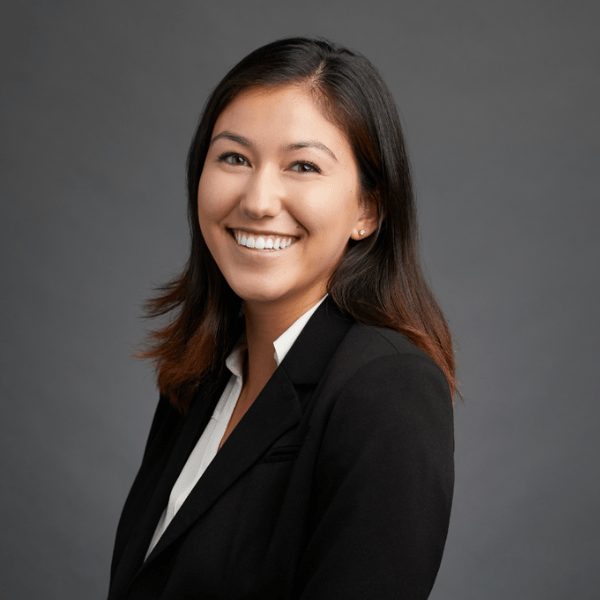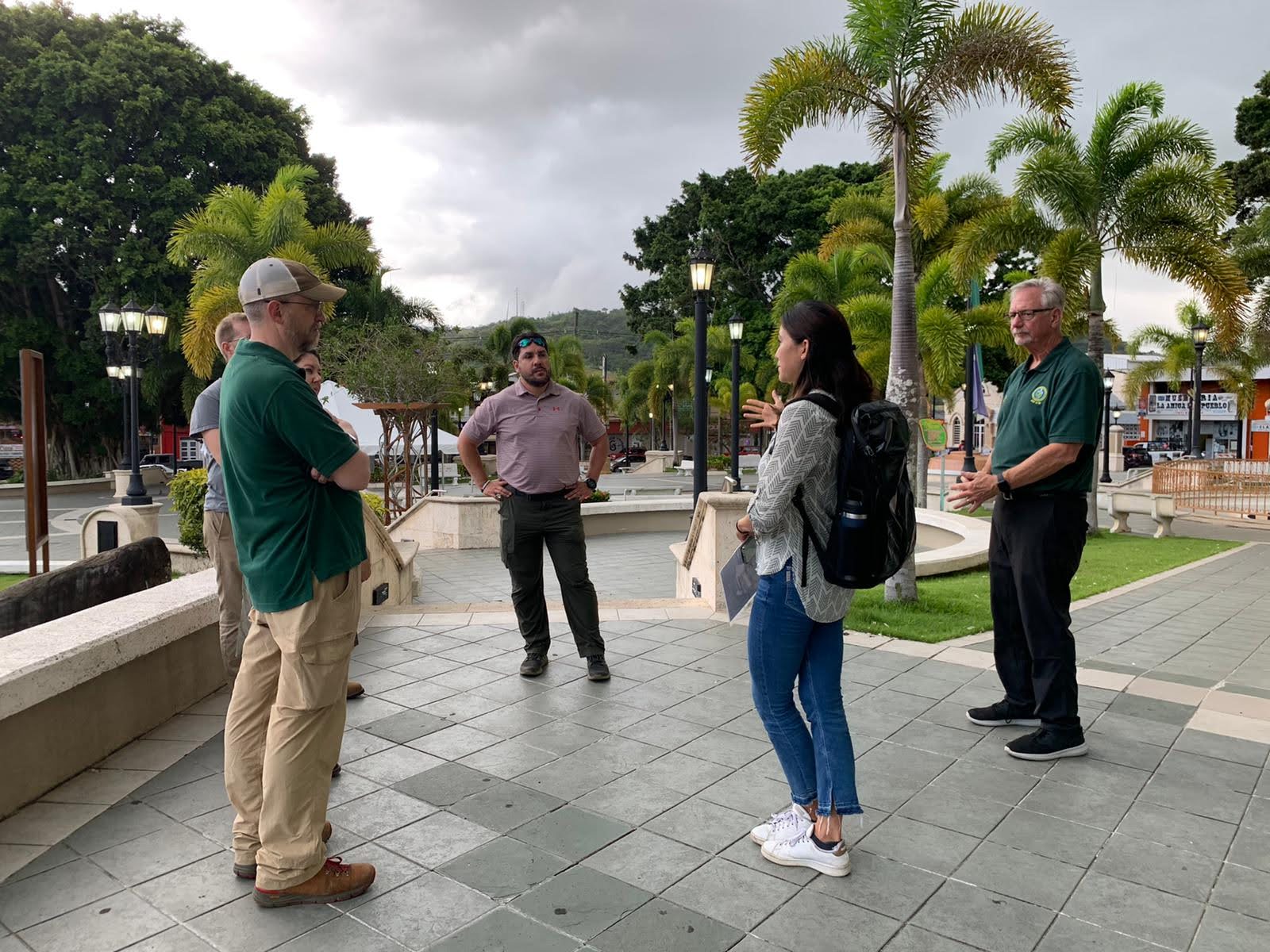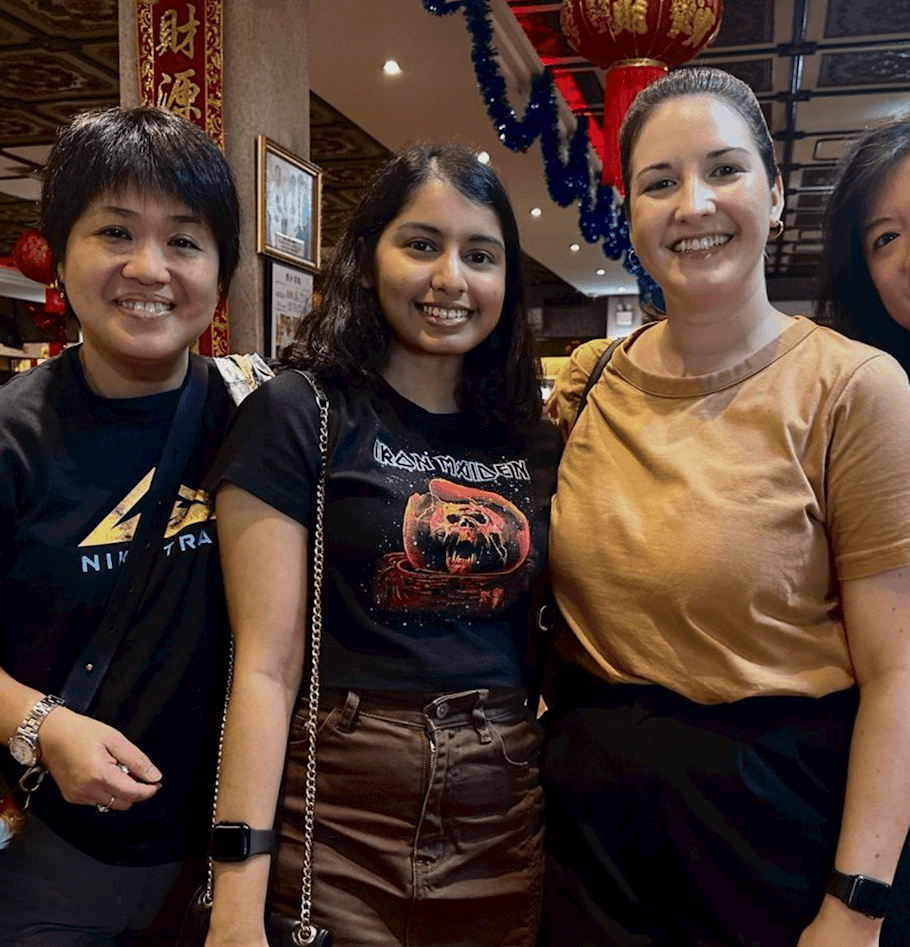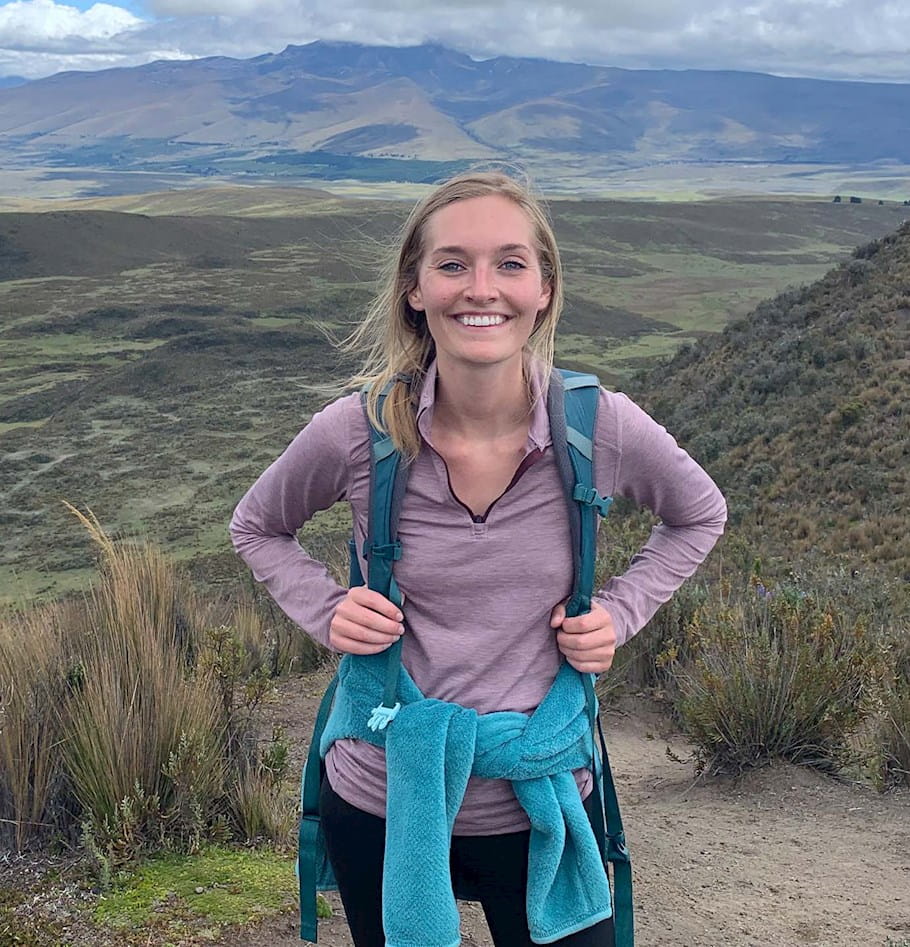Making an Impact as a Fischer Fellow
 Jacqueline Glattard, a senior consultant in West Monroe's Energy and Utilities practice, shared her inspiring experience as a Fischer Fellow supporting a clean energy transition in Adjuntas, Puerto Rico earlier this year.
Jacqueline Glattard, a senior consultant in West Monroe's Energy and Utilities practice, shared her inspiring experience as a Fischer Fellow supporting a clean energy transition in Adjuntas, Puerto Rico earlier this year.
The Fischer Global Service Fellowship Program enables West Monroe employees to apply their professional expertise to support global humanitarian issues during an extended leave. Since 2013, Fischer Fellows have supported causes including literacy, clean water, gender equity, mental/behavioral health, economic empowerment, infrastructure development, and human trafficking among others.
Jacqueline: The Fischer Fellowship program was an opportunity for me to give back to the community and use my professional skills to support a cause that I was passionate about," Jacqueline said, calling it "a project of the heart."
Jacqueline's Journey to becoming a Fischer Fellow
Jacqueline joined West Monroe as a campus hire from the University of Illinois. In four years, she has moved from her analyst and individual contributor positions to her current role as a senior consultant managing projects in our Energy & Utilities practice.
During her senior year Civil and Environmental Engineering capstone design project, Jacqueline focused on clean water treatment in Puerto Rico in the wake of Hurricane Maria, a Category 5 storm that devastated the island and destroyed the central electricity grid in 2017. It took 18 months to fully restore the island's power following the hurricane. It was through this experience in Puerto Rico that Jacqueline decided to pursue a career in the Energy & Utilities industry—and ultimately became connected to the local nonprofit she partnered with for the Fischer Fellowship.
Jacqueline began her fellowship in Adjuntas, Puerto Rico, as a volunteer at a community self-management nonprofit committed to protecting the nature, culture, and people of Puerto Rico. She wanted to be there to support the clean energy transition in Puerto Rico that was driven by the urgent need for sustainable and equitable change.
Jacqueline: The big draw of the Fischer Fellowship was the opportunity to completely focus and immerse myself in the experience and do good. This isn't a typical experience that many firms offer their employees. I also got to explore living in a new place while pursuing my passions and West Monroe backing me up 100%. What more could you ask for?
Also, focusing the fellowship in Puerto Rico helped her develop a stronger relationship with the Spanish language, a goal of hers since starting at West Monroe as a leader of the Chief Spanish committee. This experience immersed her in the culture and understanding of the language on a deeper level.
Making an Impact with the Fischer Fellowship
By the time Jacqueline began the Fischer Fellowship, the people of Puerto Rico were still experiencing regular power outages. It made the need for infrastructure changes apparent, so nonprofits, the community, and others with a passion for energy transition came together to create real change.
When Jacqueline began her fellowship, she focused on four key support areas:
- Current state assessment of energy insecurity in Adjuntas
- Analysis of net metering trends in Puerto Rico
- Organizational design support for community reinvestment nonprofit (operations, governance)
- Project management support for microgrid and community reinvestment project
Jacqueline: One of the projects I helped with when I arrived was a solar energy plus battery storage microgrid and community reinvestment project in the plaza of Adjuntas. This initiative provided solar panels on the roofs and energy storage for the small business owners, and they ultimately became both customers and owners of the microgrid. As a result, they received clean, reliable energy, which they didn't have before.
Because of this free and renewable energy source, these local businesses are able to cut their electricity costs while also paying themselves to maintain the microgrid and build a fund for community reinvestment.
This type of initiative was the first of its kind, a selfless act to greatly benefit the community by advancing energy access in the town center. It is also a way to pay it forward and move the broader community toward more sustainable, reliable, and equitable energy access through more solar panels, especially in disadvantaged neighborhoods.
Jacqueline: I loved helping these passionate individuals come together as they're forming this organization and bring their ideas to life, facilitate decision making, and help have a plan for how they're going to own and operate the microgrid going forward.
A project that Jacqueline was particularly passionate about was analyzing the net meter trends in Puerto Rico to generate an understanding of the scale and impact of adopting residential distributed solar power generation. She analyzed eight years of monthly data from the U.S. Energy Information Administration, modeled impacts, trends, and forecasts, and collaborated with local Puerto Rican experts to publish a technical report.
The key finding: "the clean energy transition in Puerto Rico is remarkably grassroots", evidenced by the growth of residential solar and the emergence of community microgrids. Between 2014 and 2022, the annual average share of renewable energy generated by the Puerto Rican power company marginally increased from 1.71 percent to 2.76 percent. In the same timeframe, residential solar net metering increased 50 times over, from 4.4 megawatts (MW) to 224.6 MW.
These findings were widely promoted and referenced within Puerto Rico and beyond, advancing the understanding and conversation on Puerto Rico's energy transition as the island seeks to meet its electricity needs with 100% renewable energy by 2050.
Why is clean energy vital?
In Puerto Rico's case, 97% of energy generated is through the combustion of imported fossil fuels: coal, oil, and natural gas. This caused electricity costs to nearly double in Puerto Rico in the last two years, from 17.4 cents/kWh (Jul – Sep 2020) to 33.4 cents/kWh (Jul – Sep 2022).
Jacqueline: Beyond the economic challenges, Puerto Rico's very highly impacted by climate change.
The Caribbean islands are disproportionately affected by the increasing number and intensity of severe climate-related events, which necessitates energy resilience and independence for a more sustainable future. With how much sunlight comes into the island, transitioning to clean, reliable, sustainable power is a clear solution for Puerto Rico.
(Since Jacqueline’s volunteer work, Puerto Rico was hit by Hurricane Fiona that again caused island-wide devastation and power outages. While many communities were left without electricity, parts of Adjuntas were able to keep the lights on thanks to their clean energy transition to solar power.)
Lessons learned
From improving her Spanish to moving her whole life to another location for four months, Jacqueline has one message to those interested in West Monroe and participating in the Fellowship program.
Jacqueline: Having a positive attitude and genuinely caring about making a change will take you so far. I had to learn so much along the way from a subject matter, language, and cultural perspective. However, being open-minded, willing to learn, and taking risks was incredibly impactful. I was able to immerse myself and grow personally and professionally.
.jpg)


